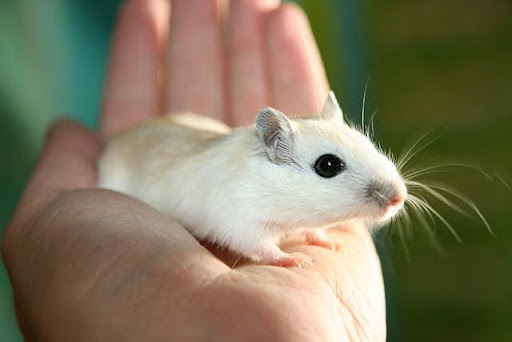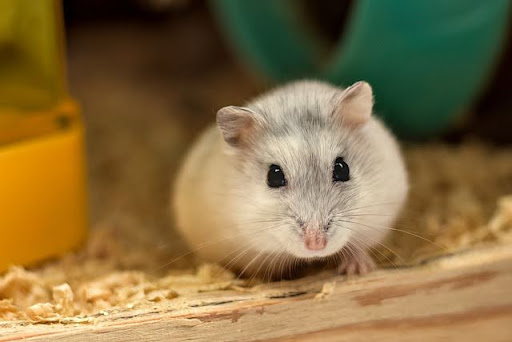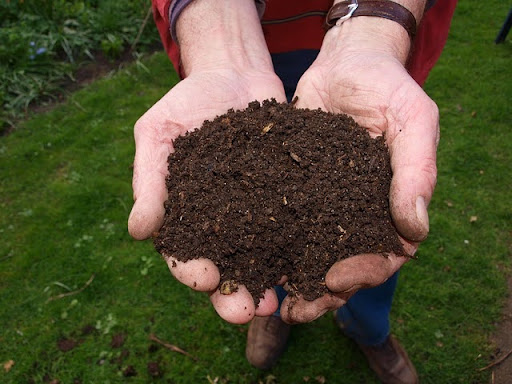Odors from your pet’s litter can be both bothersome and persistent, creating an unpleasant environment for you and your furry, feathered, or scaly companions.
Whether you own horses, cats, dogs, or exotic pets, battling litter-related odors can seem overwhelming. Fortunately, there are solutions to neutralize these odors and provide a healthier habitat.
Note that while it’s not feasible for breeders to completely eliminate odors from their activities (though some litters offer excellent results, which we’ll discuss), this article mainly addresses individuals and pet owners with cats, rodents, or ferrets.

Origin of Litter Odors
There are two main reasons for the presence of unpleasant odors from your pet’s litter:
1. Decomposition of Organic Matter
The bad smells from cat litter mainly come from the decomposition of feces and urine. When organic waste comes into contact with air, bacteria begin to break it down, producing foul-smelling compounds like ammonia and sulfides.
2. Insufficient Litter Replacement
DIf the litter is not changed regularly, odors intensify as waste accumulates, leaving little room for the litter to absorb smells. Using high-quality litter and cleaning it according to the manufacturer’s instructions helps reduce these unpleasant odors.
Solutions to Counter Litter Odors
Some pet owners use various additional solutions to counter their pet’s litter odors. However, the best way is to choose the right litter from the start. Let’s look at four complementary solutions.
White Vinegar
White vinegar is an effective natural deodorizer known for neutralizing strong ammonia odors. Mix equal parts of water and white vinegar in a spray bottle and lightly spray the litter after cleaning it. The acidic pH of white vinegar neutralizes odors. However, some animals, especially cats, might avoid their litter due to the repelling smell of white vinegar.
Baking Soda
Baking soda is another effective deodorizer. Its ability to neutralize odors makes it ideal for countering litter smells. Sprinkle a thin layer of baking soda at the bottom of the litter or mix it directly with fresh litter. Baking soda absorbs odors for a longer period, keeping the litter fresher. It’s also safe for your pets as it’s entirely natural, being a mixture of limestone and salt. However, use it sparingly to avoid damaging the litter box material over time.
Did You Know?
Combining white vinegar and baking soda is not recommended. Mixing these two solutions cancels out their properties and effectiveness.
Deodorizing Beads
Deodorizing beads are specifically designed to absorb odors and refresh the litter. Though they represent a certain cost and are often non-natural, you can find them in pet stores or supermarkets in the form of small granules or beads. Add them directly to fresh litter to control odors.
Charcoal Filter
For cat litters, some boxes have a special spot for an activated charcoal filter to neutralize litter odors. This spot is usually located on the lid. These filters are made from activated charcoal and have a high odor absorption capacity. Air passes through the filter, trapping odor-causing molecules, keeping the atmosphere fresher and healthier. However, the filter needs to be replaced monthly, representing an additional cost and waste.
Using Essential Oils for Litter Odors: A Bad Idea
Using essential oils to mask litter odors might seem like a natural solution, but it’s a bad idea for several reasons:
Toxicity
Essential oils are toxic to most animal species. Ingestion can lead to severe, potentially fatal health issues as animals might not be able to eliminate the compounds.
Respiratory Irritation
Essential oils can irritate your pet’s respiratory system if incorporated into the litter.
Skin Reactions
Essential oils can cause significant skin reactions if they come into direct contact with your pet’s skin or mucous membranes, especially if they lick themselves after using the litter.
Medication Interactions
Less commonly, some essential oils can interact with medications your pet is already taking, causing adverse effects or reducing the treatment’s effectiveness.
Hemp Litter: An Effective Solution to Delay Odor
Hemp litter is known for its absorbent and deodorizing properties. Naturally capable of absorbing large amounts of moisture, hemp helps prevent unpleasant odors. Often considered more eco-friendly due to its biodegradable characteristics and agricultural origin, hemp litter is popular among many pet owners, especially for rodents. With this litter, adding odor control products is unnecessary; the litter alone is sufficient.
Where to Buy Hemp Litter
You can buy hemp litter for your pets at many pet stores and specialized animal product shops. Our Aubizoo range offers high-quality hemp litter for all small pets. Known for its high absorbency and comfort, our litter is made from 100% industrial hemp, free from herbicides, insecticides, or fungicides. It effectively retains odors and has a very low dust content (less than 1%), making it ideal for pets with respiratory sensitivities.
Hemp litter can be used for competition horses, pets, or livestock like chickens or goats. Additionally, Aubizoo litter is compostable in 6 to 8 weeks. Liquids are absorbed and retained at the bottom, keeping the surface dry and comfortable for your pets. Furthermore, Aubizoo is committed to environmental sustainability, offering a range with 50% recycled plastic packaging.
If you are looking for where to buy Aubizoo, you can consult our stockist map HERE.
OR
Discover our customers’ testimonials now!
Conclusion
Neutralizing pet litter odors and maintaining a fresh, pleasant environment for you and your indoor pets is possible. You can avoid solutions like baking soda or vinegar by using a more absorbent litter, allowing for less frequent changes. Hemp litter provides excellent absorption and optimized odor control.




